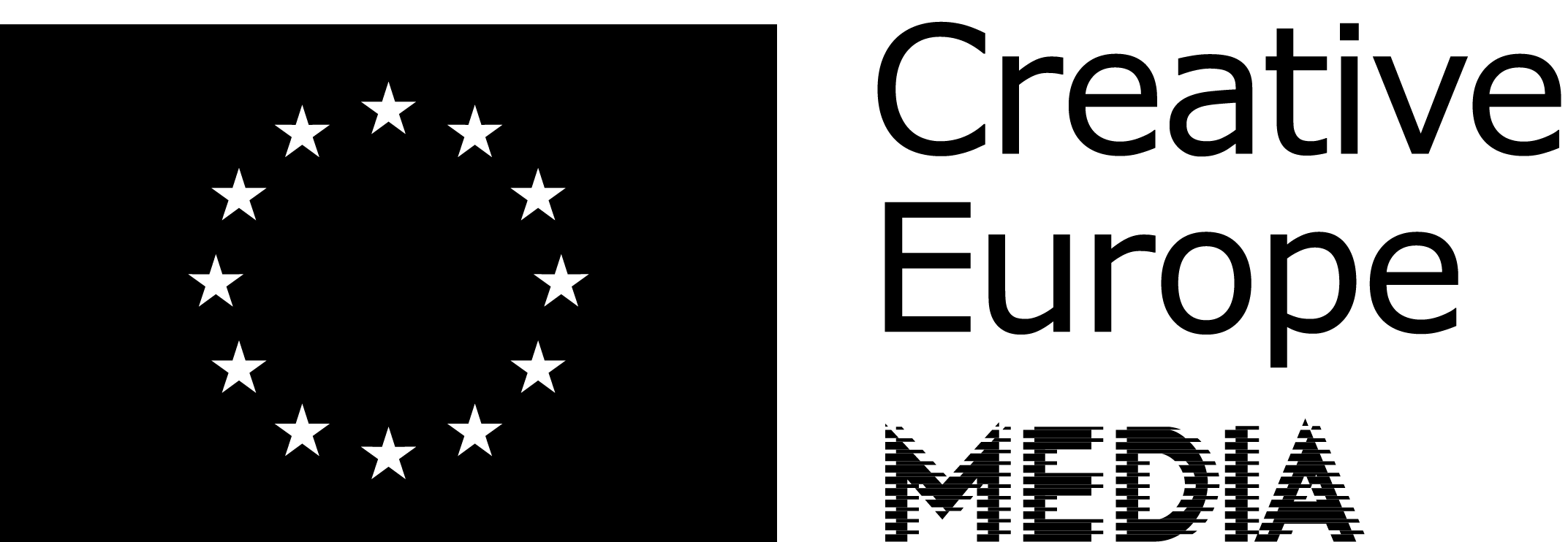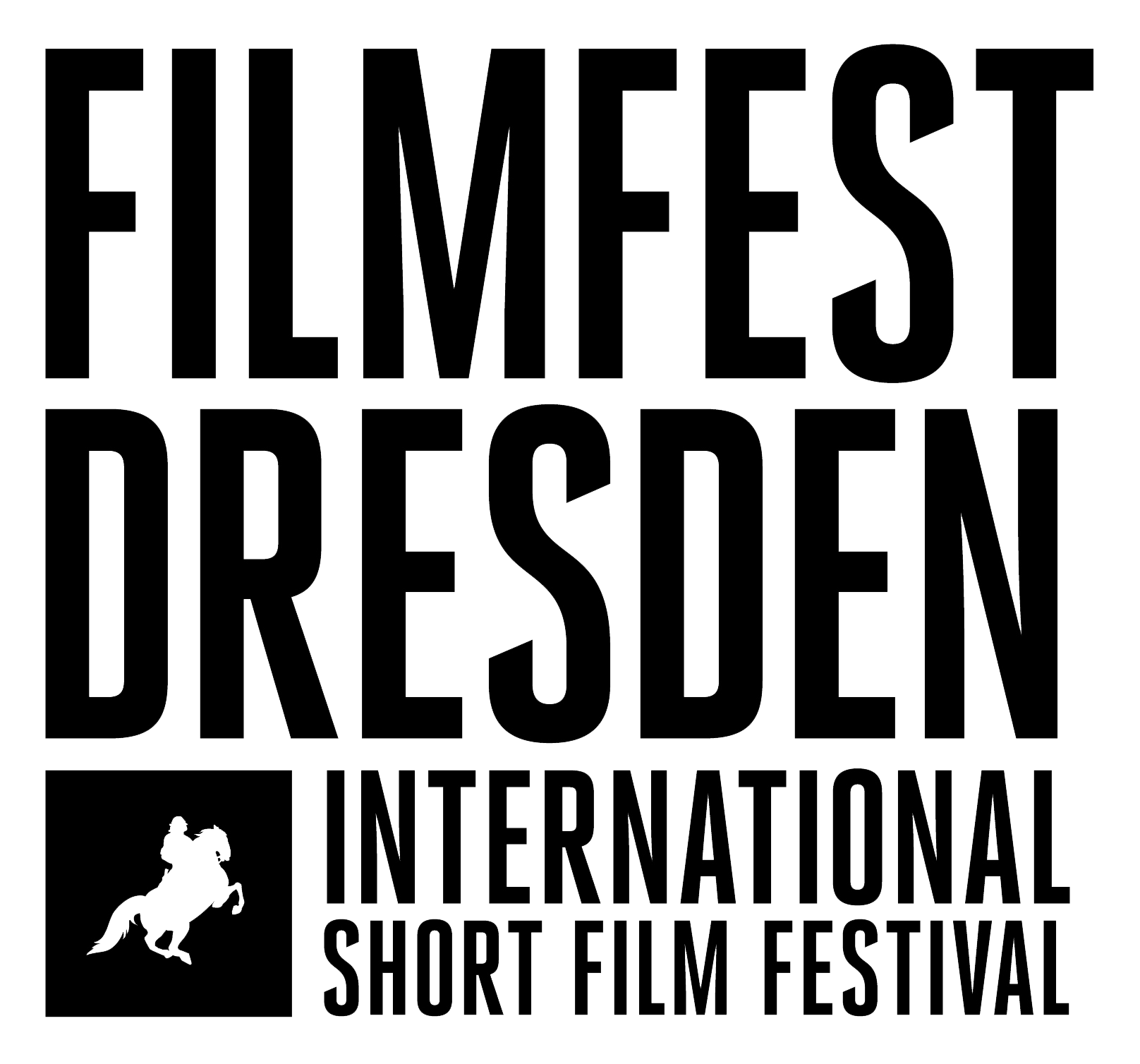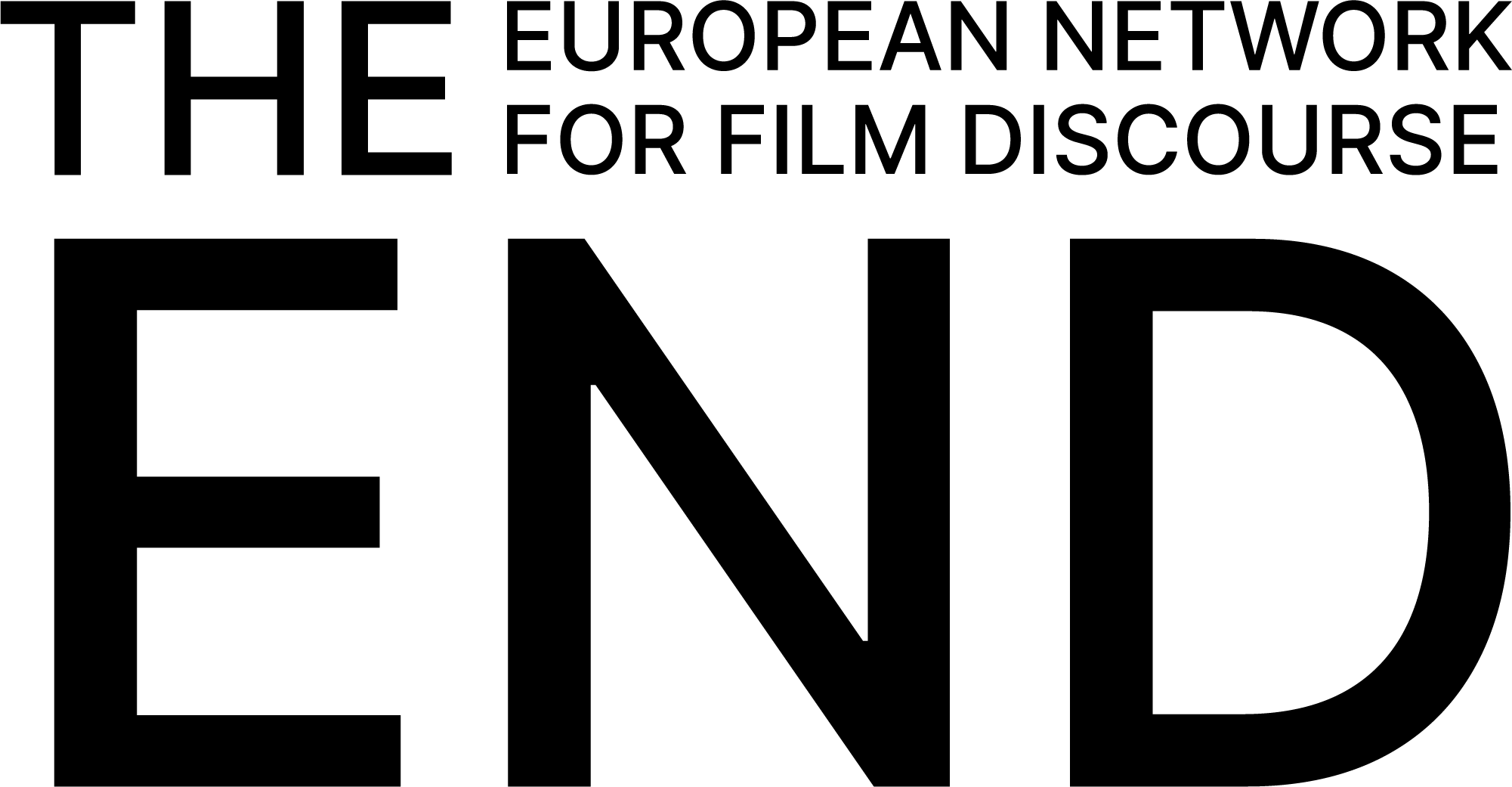Past the Guilt
Pavel Mozhar on Unwanted Kinship
The Germany-based filmmaker reflects on his childhood in post-Soviet Belarus, tackling feelings of shame and self-judgement in the context of the war in Ukraine.
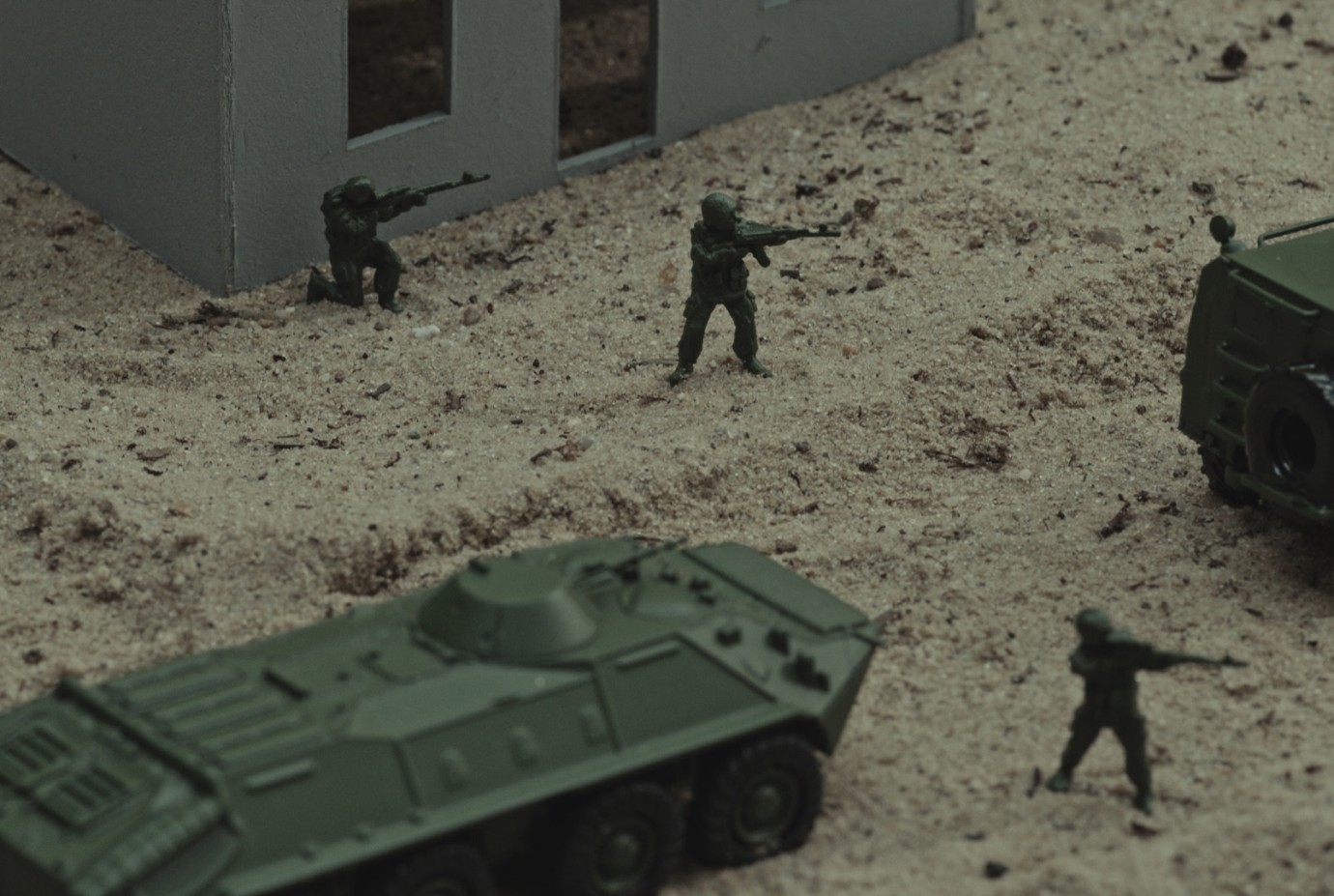
After watching Unwanted Kinship, sitting in a tiny truck converted into a mobile cinema at Vienna Shorts, I left the screening feeling slightly guilty. Despite featuring no war footage, this short film immediately pulled me into the suffocating reality of life in occupied Ukraine. Although the civilian testimonies, voiced by two Ukrainian actors, accounted for the atrocities, I felt quite detached emotionally. Why wasn’t I moved more?
As I continued my way through the rainy but peaceful streets of Vienna, complex questions kept running through my mind. What’s the difference between guilt and shame? Why do we feel guilty about someone else’s acts? And how to deal with such feelings in the middle of an ongoing war?
A few days after the screening, in no way closer to conclusive answers, I reached out to the director. Pavel Mozhar quickly agreed to an interview. However, when I say I want to dig into the political and ethical dimension of the film, he is hesitant: this is “a huge topic” for him, so he wants enough time to properly think about my questions and opts to answer over email. I understand why as soon as I receive his responses. Much like his filmmaking, the level of detail, nuance, and thoughtfulness account both for his academic training in philosophy as well as his sense of responsibility towards the film.
Unwanted Kinship chronicles the experiences of Ukrainian civilians living in occupied territory during the first months of Russia’s invasion. Throughout the film, we learn that war crimes have not only been committed by Russian troops but also by Belarussians. Pavel, himself a Belarusian, uses re-enactments, with actors and tiny plastic action figures, to explore what this war means for him. After a childhood spent in Belarus, he moved to Germany with his parents at the age of ten, which, he tells me, gave him the necessary physical and cultural distance to reflect on his cultural identity and socialisation.
Throughout Unwanted Kinship, Pavel explores tough questions born out of his unwanted kinship with Belarusian soldiers, iterated against static shots of his own neighbourhood in Berlin. I ask him about this device, and he tells me: “When you walk through your neighbourhood, you wonder what the Ukrainian cities looked like before the invasion and somehow project that onto your own reality here in Berlin.” He goes on to add that this came to him as a surprise. “When living in a peaceful and functioning city, these are not the type of things you think about.”
Static frames of empty streets endow the film with a stillness that forces viewers to listen to the acts of cruelty being read out. These are followed by slow-paced panning and tilting movements, triggering the imagination and transforming a seemingly serene playground into a graveyard, and a lone garage door into a street of occupied houses.
Such visual tranquility only enhances the horrors in the testimonies, representing the perspective of occupied civilians. Yet the film also allows viewers to adopt the perspective of perpetrators: the bird’s-eye view mimics that of a soldier patrolling occupied territory from a military aircraft, while a projector lens—through which we are shown a military instruction video—resembles the scope of a rifle.
This switch in perspectives adds to the confusion, shame, and self-judgement—affects that also crop up in Pavel’s replies. The word “shame” reoccurs in every answer and is mentioned not only in relation to kinship but also to his changing views. Pavel says he is ashamed that, although he was aware of the circumstances, he had never undertaken more research into the regimes of Lukashenko and Putin. It took violent protests in Belarus in 2020 and the full-scale invasion of Ukraine by Russia with the support of Belarus in 2022 for him to think about the crucial questions surrounding his national identity. It sometimes feels as though he is putting himself on trial.
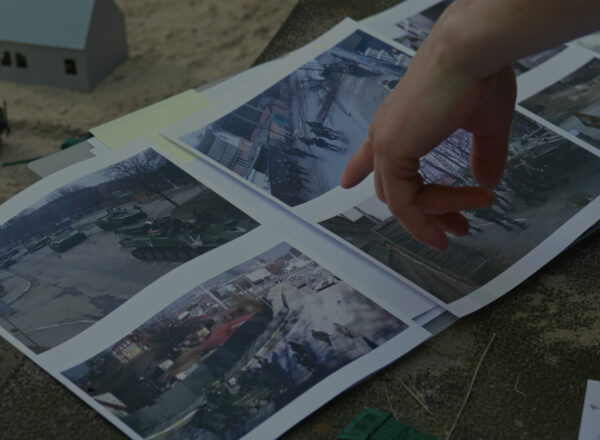
© Unwanted Kinship (Pavel Mozhar)
Although Unwanted Kinship makes the horrors of war tangible, it never quite moves away from the bleak, unemotional vacuum created by the matter-of-fact storytelling. But, I learn that this is exactly what Pavel wanted to achieve. Crimes in occupied Ukraine were not committed by cold-blooded murderers from a specially trained unit, he explains, but by regularly recruited soldiers. Soldiers that could have been sitting next to Pavel in class during his childhood in Belarus, soldiers that looked like Pavel, soldiers that talked like him. This became the starting point for his film: “I wanted to find out what elements the Russian army’s occupation system consists of, what it is aimed at, and what this system has to do with my own socialisation.” To carry this question out, Pavel felt the need to take a step back from emotionality. “I believe that the structural aspects of a system of oppression become much more visible through a calm, distanced view.”
This led to a question that ultimately scared him: How would he view this war if his parents hadn’t emigrated? I now realise this is where my feelings of guilt came from upon viewing the film: Did my lack of emotions reveal something about my own moral compass?
The war in Ukraine, and more recently in Gaza, has exposed us to images of war on a daily basis. Every day, we are confronted with stories, photos, and videos of destruction, suffering, and loss. Feelings of guilt are not unfamiliar: are we doing enough to help? But also, if the coverage takes a toll on our emotional well-being, can we stop watching? In Unwanted Kinship, a civilian remarks: “Human empathy is probably the most important quality that is lost. When you see this stuff every day, your emotions become numb.” The silence that follows allows for the reality behind this line to sink in.
Pavel’s documentary offers an honest and vulnerable account of the confusion familiar to us all that comes with reflecting on guilt, whether individual or collective. The fact that Pavel has done so through the medium of film, generously inviting an unknown audience into his inner conflicts, is an invitation for us to confront our own feelings with the same level of bravery.
Pavel used his feelings of guilt to fuel the making of the film. When I press him about this issue, he explains that he didn’t want to make a film with a theoretical underpinning of philosophy, sociology, or politics: “It was much more important to question myself, my role, and my conscience. I was concerned with my own cultural responsibility in relation to this war.” His answer is hardly surprising: by now, it is clear to me that Pavel is not someone who lets himself off the hook easily. Rather than hiding behind theoretical explanations, here is a filmmaker who is keen to hold himself accountable.
This text was developed during the European Workshop for Film Criticism #4—a tandem workshop set during Filmfest Dresden and Vienna Shorts—and edited by tutor Anas Sareen.
The European Workshop for Film Criticism is a collaboration of the European Network for Film Discourse (The END) and Talking Shorts, with the support of the Creative Europe MEDIA programme.

